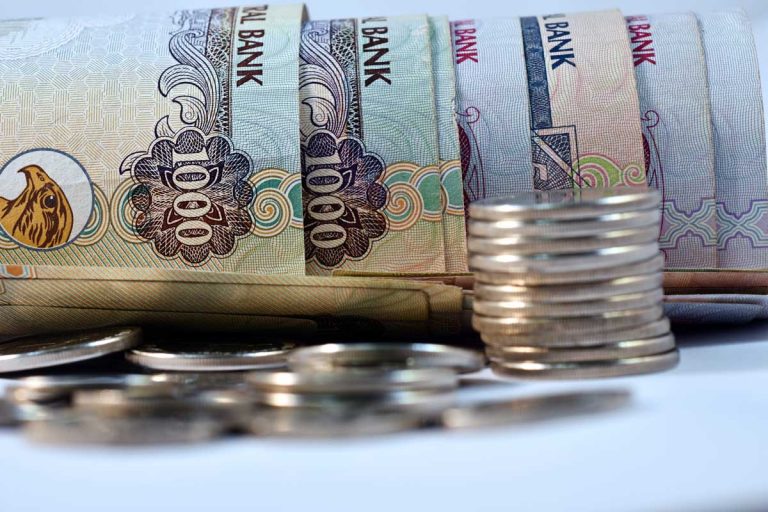The newly announced saving scheme for foreigners working in the Government of Dubai will go a long way in increasing the emirate’s talent attraction and retention capabilities, as well as boost the UAE’s economy, industry experts told Arabian Business.
The integrated system will offer government employees various saving opportunities across financial portfolios to grow their benefits and savings for the future.
“This initiative will definitely provide a positive boost to the UAE economy as it will allow for capital to be invested through locally managed firms and potentially increase investments in local products as well. A similar initiative was first implemented in the DIFC and has been a great success and we are excited to see this initiative be rolled out further,” said Ramzi Khleif, general manager of StashAway MENA.

“The new saving scheme will also attract better talent and enable retention as people will be more confident that they will earn their dues regardless of any potential events which might have an adverse effect on the economy, similar to what we saw with Covid-19 when some firms became insolvent and were not able to pay their end of service indemnity as they had not set the funds aside, which will now not be the case,” he continued.
This follows several business-friendly initiatives the UAE has taken over the past year and a half, including allowing for fully foreign ownership of companies, 10-year residencies or golden visa, and the updated labour law.
“The UAE has recently introduced a number of initiatives to create one of the most business-friendly environments in the world – this development will really reinforce the country’s position as a mature and stable market, ultimately contributing to greater talent attraction and retention,” said Amr Yussif, founder and CEO of FinFlx.
“In effect, we may see a greater number of international companies that are used to operating in similar environments looking to relocate their teams to the UAE as their regional hub,” he added.
Under the new scheme, dues will be deposited in the system starting from the date of enrolment. This will not include any financial dues from former years of service to which the current legislation applies.
Additionally, employees will be able to choose multiple investment structures including traditional investment funds, and others compatible with Islamic Sharia.
“The latest announcement is a major step in the right direction. The current gratuity system, which encompasses defined benefits, is relatively outdated particularly when we look at global benchmarks, and the public sector’s adoption of this new approach will undoubtedly serve as a blueprint for the private sector,” said Yussif.
“As it stands, many companies are aware of what a potential gratuity pay-out may look like, but don’t necessarily have the funds put aside to cover it. Under the new rules, businesses can forecast, and segregate enough funds to cover their liabilities on a regular monthly basis. This way, the cash flow of the business is streamlined, and employees can be confident that the gratuity owed to them is safe and protected in any event,” he continued.
“There will be a transition period for employers to adapt to the new reality and start taking gratuity liabilities more seriously in this respect. However, as defined contribution schemes become more mainstream, employers will begin to think more holistically when it comes to the financial benefits offered to employees. It really comes down to the stability that initiatives like this offer to employees and their families, which not only improves savings across households, but encourages consumer spending and fuels the economy,” added Yussif.

The scheme will be supervised by the Dubai International Financial Centre in partnership with several international investment firms that provide attractive and safe investment opportunities.
“This will also have the added benefit of getting employees to think more about their financial future and provide them with the opportunity to contribute more from their personal savings, whether into the same fund or through other fund managers,” said Khleif.
“The initiative comes at the perfect time, when we’re witnessing a spike in inflation, so it’s important for employees to grow their savings, keep up with inflation and secure their financial independence,” he added.





